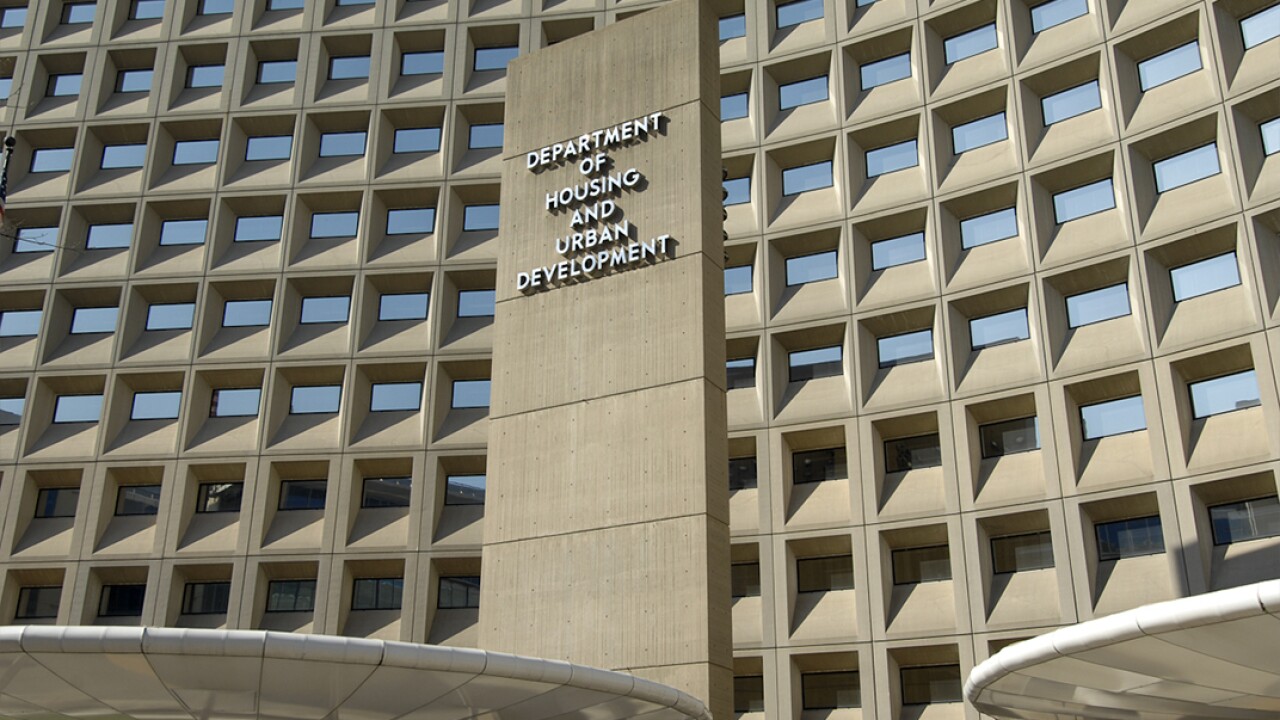-
The federal district court order in Mississippi allows allegations of servicer responsibility for insurance shortcomings and excessive costs to proceed.
March 28 -
The Justice Department has asked the high court to intervene and halt reinstatements of federal employees who were fired by the Office of Personnel Management.
March 24 -
The Trump administration intended to gut the Consumer Financial Protection Bureau through a mass workforce reduction, which could be a smoking gun in a court battle with the bureau's union.
March 7 -
A coalition of national financial organizations filed a friend-of-the-court brief for preemption after regulators filed one against it in a key servicing case.
March 5 -
Texas Capital is arguing against summary judgment, saying prior assertions about reverse mortgages' initial and subsequent draws need to be examined in court.
February 25 -
The Department of Housing and Urban Development did not assign any fault or liability in conjunction with the "historic" settlement.
January 13 -
The company, now known as Onity, is challenging a previous interpretation of the Fair Debt Collection Practices Act in the Eleventh Circuit Court of Appeals.
November 27 -
The bank had asked for partial summary judgment on an Administrative Procedures Act claim in the case involving its right to some reverse-mortgage collateral.
October 22 -
The order by the judge, who had previously dismissed part of the original loan modification-related claims, shortens the legal process for allegations that remain.
October 3 -
Ginnie Mae had tried to slow the pace of Texas Capital Bank's case and move it to a different court but the judge rejected its legal arguments for doing so.
September 5 -
The lawsuit, which the plaintiff seeks class certification for, involves a transfer, overpayments during a grace period and allegations of improper late fees.
August 22 -
The motion calls upon the judge to rule quickly on an Administrative Procedures Act claim involving a bank's right to reverse mortgage collateral.
June 28 -
The HUD agency contends that the bank's agreements involving certain reverse-mortgage assets call for the closely watched case to be filed there.
June 17 -
Texas Capital Bank wants to bring the Administrative Procedures Act into the case, but Ginnie Mae said the legal proceedings are outside its scope.
April 23 -
The two major government-related mortgage buyers' clarifications on real estate commissions take a path similar to that of the Federal Housing Administration.
April 16 -
The order in the Cenlar loan modification case highlights what courts may look for in qualified written request responses, something other servicers like Specialized Loan Servicing also are contending with in litigation.
April 3 -
The plaintiffs allege that the loan-mod errors in the case are different from the ones in two other proposed class-action lawsuits, which stem from a systems issue.
March 19 -
At issue is whether convenience fees for last-minute payments are governed by the Federal Debt Collection Practice Act, and if so, when they should be disclosed.
February 28 -
The defendants are seeking more detailed information about what the bureau found as far as the extent of the alleged staff licensing violations.
January 22 -
The online real estate and mortgage company alleges the defendants are violating the Sherman Antitrust Act by impeding a scheduling platform it owns.
January 3

















